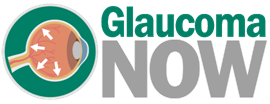Premier - Local Ophthalmologist
-
Cataract Surgery
Right now there’s no way to deal with cataracts besides actually doing surgery, so despite all sorts of advances in medicine, cataracts remain a surgical disease.
-
What is Cataract Surgery
So a cataract is an opacification of the lens that occurs over time as people age and just like a camera has a lens in it, the eye requires a lens in it to focus images on the back of the eye.

Now most of the time this is a slow process, but occasionally it can happen more rapidly, and that can be if somebody’s had trauma in the eye, if they’ve inflammation inside of the eye, if they’ve had surgery in the eye, or sometimes if they have certain medical conditions they are required to take medication for a certain amount of time.








